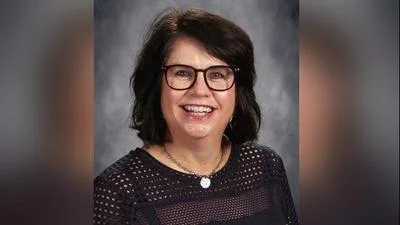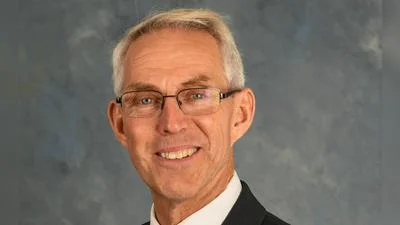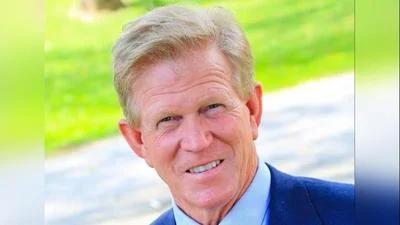Chris Miller, Illinois State Representative from 101st District | https://repcmiller.com/about/
Chris Miller, Illinois State Representative from 101st District | https://repcmiller.com/about/
The Mahomet Aquifer, a crucial water source for over half of east-central Illinois' population, has been under scrutiny due to recent legislative changes and environmental concerns. Designated as a "Sole Source Aquifer" by the US Environmental Protection Agency in 2015, it serves nearly one million residents across 15 counties.
Aquifers are not underground lakes but bodies of saturated rock or sediment that store or transmit water. The Mahomet Aquifer's water often dates back thousands of years, originating from rain or snowmelt seeping into the ground and undergoing natural filtration through layers of rock.
Despite its natural purification process, the aquifer is vulnerable to contamination from surface waste disposal sites and nearby landfills. Recent legislation allowing carbon sequestration has heightened concerns about potential threats to this vital resource.
State Representative Chris Miller opposed SB1289, which permits carbon sequestration activities potentially affecting the aquifer. He stated: “The Mahomet Aquifer does not have adequate protections against carbon capture wells. If a disaster were to occur, over 800,000 residents in Central Illinois who rely on clean drinking water would be negatively impacted."
Archer Daniels Midland (ADM) recently suspended CO2 injections at its Decatur site following a second leak in a well. ADM was the first in the country to implement CO2 sequestering wells since 2011. Opponents argue that such projects pose significant risks to both human health and the environment.
Rep. Miller also criticized Senate Bill 1289 as an attempt by Democrats to appease climate donors without addressing real issues: “We don’t have a climate crisis in Illinois, but what we do have is a crisis of common sense.”
The ongoing debate reflects broader political tensions within Illinois regarding environmental policy and economic impacts on taxpayers and businesses.






 Alerts Sign-up
Alerts Sign-up